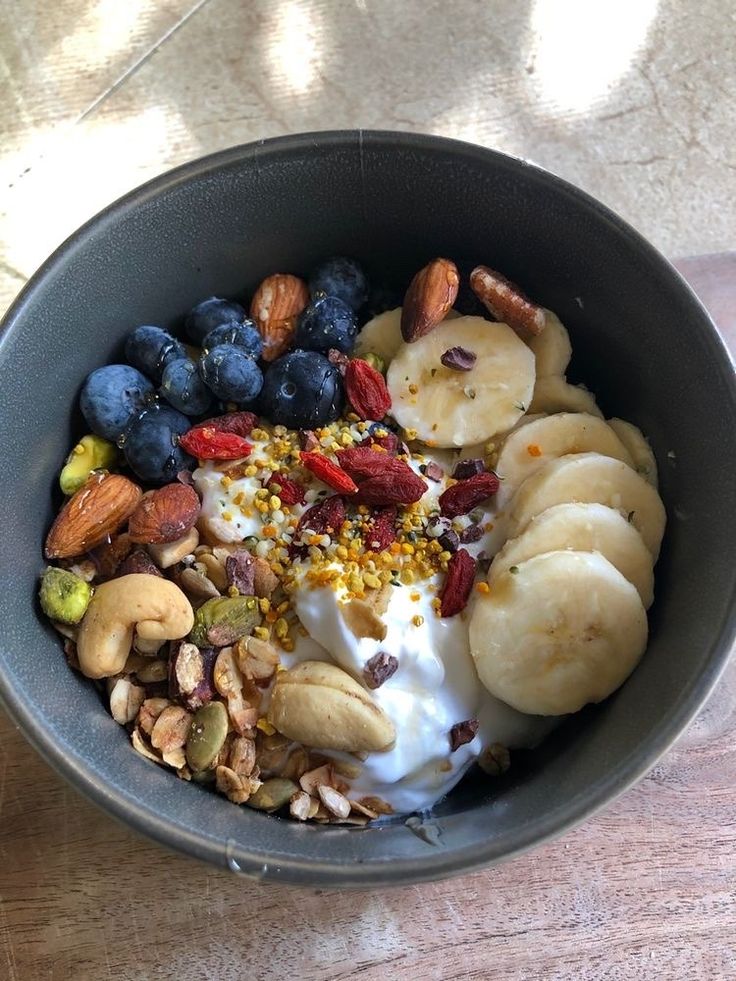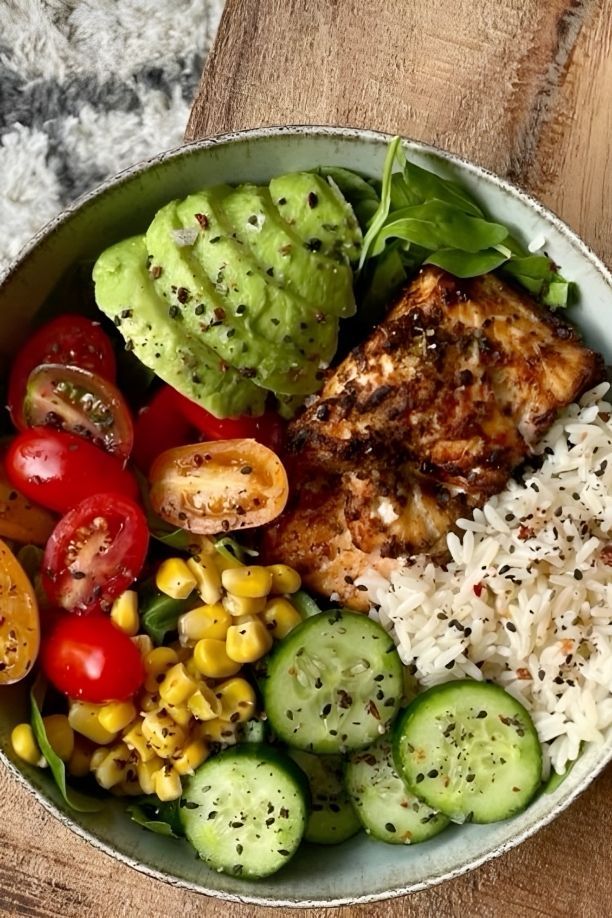Nutrition and Female Wellbeing: Key Topics for Your IWD Event
February 5, 2024
As we approach International Women’s Day (IWD), it’s time to take a look at an often-overlooked aspect of female empowerment: nutrition. As a nutritionist with a keen focus on female health, I’ve developed the workplace nutrition talk “Eating for Female Health”, which resonates deeply with employees, especially as part of IWD celebrations.
This article delves into the critical role that nutrition plays in supporting women’s health and well-being.
The Foundation of Female Health: Understanding Nutritional Needs
Women’s nutritional needs are unique and change through different stages of life. From puberty to menopause, the female body undergoes various hormonal changes that affect nutritional requirements. It’s crucial to understand these needs to maintain optimal health and prevent nutritional deficiencies.
For instance, iron is more critical for women, especially during reproductive years, due to menstrual blood loss. Iron-rich foods like lean meats, leafy greens, and fortified cereals, alongside Vitamin C sources to enhance absorption, work well.
Similarly, calcium and Vitamin D are extremely important for bone health, particularly as women age and the risk of osteoporosis increases. Dairy products, fortified plant-based milks, and sunlight exposure are vital sources.
Contact me to book a talk here.

Hormonal Harmony Through Diet
Hormonal imbalances can lead to a myriad of health issues in women, from irregular menstrual cycles to mood swings and weight gain. The “Eating for Female Health” workplace nutrition talk explores how certain foods can support hormonal balance.
Foods rich in phytoestrogens, like flaxseeds and lentils, can mimic oestrogen in the body and help to balance hormones, especially during menopause. Omega-3 fatty acids, found in fatty fish, chia seeds, and walnuts, are also brilliant for their anti-inflammatory properties and role in hormone production.
The talk also addresses the impact of sugar and processed foods on hormonal balance, advocating for a whole-foods-based diet to stabilise blood sugar levels and support overall hormonal health.
Nutrition for Stress and Mental Health
Stress and mental health are important topics in discussions about female wellbeing. The intricate relationship between diet and mental health is a key focus of the talk, highlighting how dietary choices can influence mood and stress levels.
Complex carbohydrates, found in whole grains, vegetables and legumes, help to slowly release glucose into the bloodstream, providing a steady energy source that can help to stabilise mood.
B vitamins, magnesium, and omega-3 fatty acids are also beneficial for the nervous system.
Fertility and Reproductive Health
Nutrition plays a significant role in fertility and reproductive health.
Antioxidant-rich foods like berries, nuts, and dark leafy greens all play a role in protecting reproductive tissues from oxidative stress.
In this session, we will cover:
– Understanding hormones
– Hormonal imbalances (endometriosis, PCOS, PMDD, PMS etc)
– Key nutrients to support hormone balance
– Endocrine disruptors (chemicals in products like cleaning products, plastic tupperware, beauty products, etc that mimic oestrogen in the body)
– Lifestyle strategies
The format is a 45 min talk and a 15 min Q&A. I send over a set of recipes and a factsheet to be distributed following the session. Contact me for more info here.

Empowering Women Through Informed Dietary Choices
The ultimate goal of the “Eating for Female Health” talk is to empower women with the knowledge to make informed dietary choices that support their health and well-being. This empowerment is particularly poignant during IWD, a time dedicated to celebrating women’s achievements and advocating for gender equality.
To Conclude
As we celebrate International Women’s Day, we must remember the foundational role that nutrition plays in female empowerment and well-being.
The “Eating for Female Health” corporate nutrition talk serves as a reminder of the power of informed dietary choices in supporting the diverse and dynamic needs of women throughout their lives.
This IWD, let us commit to empowering women with the knowledge and tools they need to thrive, not just on this day but every day.
My corporate nutrition talks take the format of a 45 minute talk and a 15 minute Q&A. I can do these in-person or as a nutrition webinar. Find more information on my talk, Eating for Female Health, here. Send me a message here or send an email to info@sophietrotmannutrition.com to learn more.
Leave a Reply Cancel reply
© 2020 Copyright Sophie Trotman - Professional Nutritionist London - All Rights Reserved